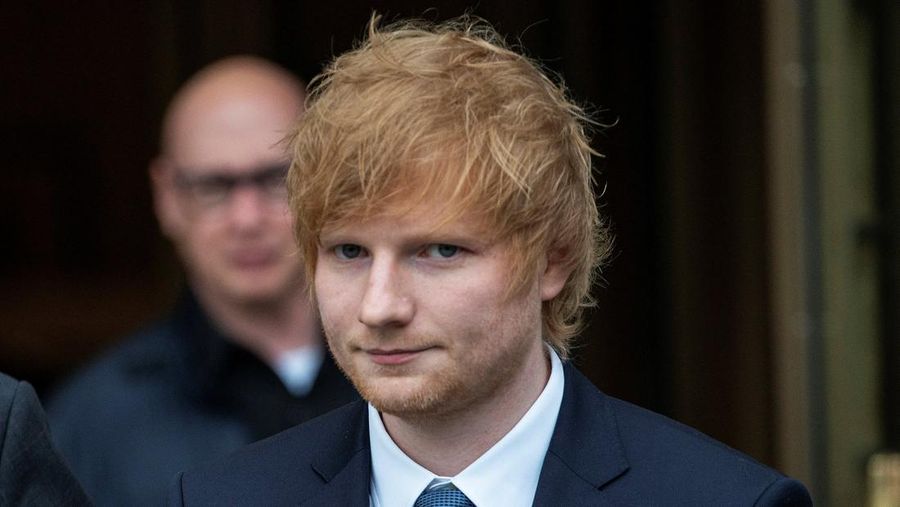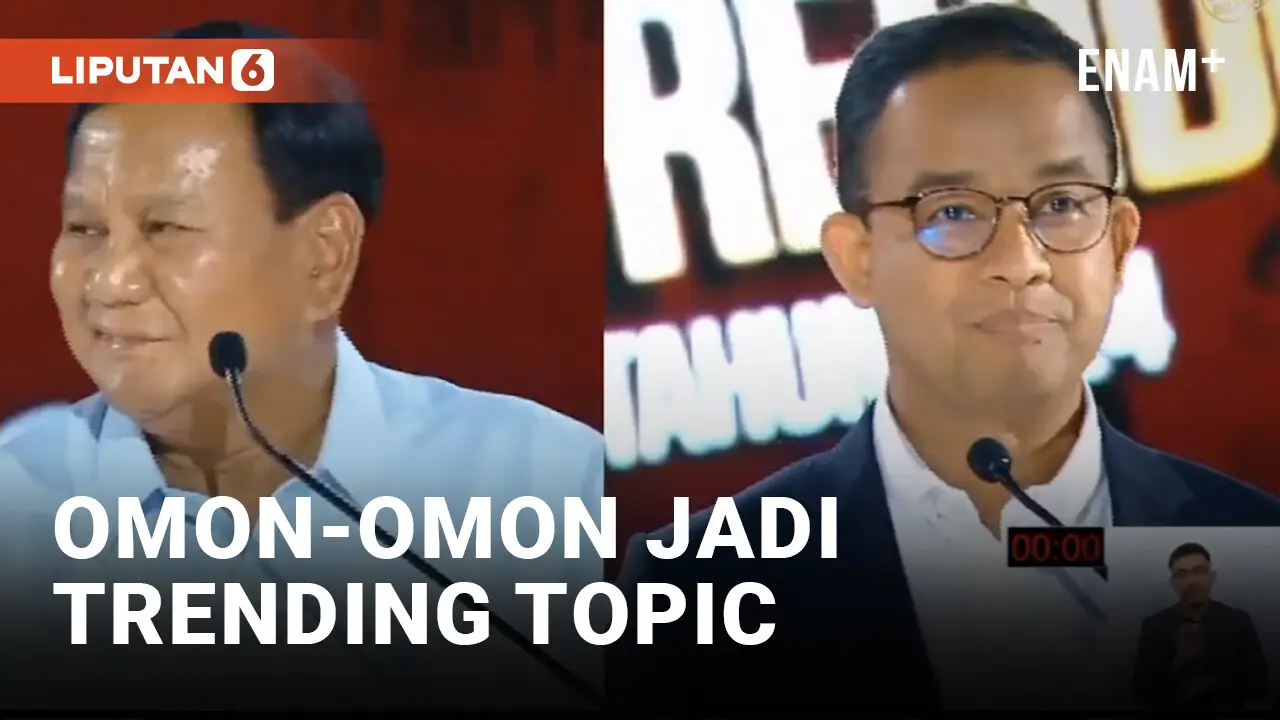
Recently, British singer Ed Sheeran captured the attention of fans and netizens alike with an impromptu street performance in South India. However, what was meant to be a surprise for his admirers turned into an unexpected incident when local authorities intervened, halting the concert.
On February 8 and 9, Sheeran was in Bengaluru, India, for two official concerts as part of his international “Mathematics” tour. During his visit, he decided to entertain his fans spontaneously on Church Street. In a video shared by concertgoers, Sheeran can be seen performing his hit song “Shape of You” when police officers abruptly stopped the show, confiscating his guitar and microphone cables. This surprising interruption left Sheeran visibly frustrated, as captured in social media footage.
The local police clarified that Sheeran did not obtain the necessary permits to perform in that particular area. They had reportedly denied his request to play music on Church Street, which prompted a concerned citizen to notify the authorities once the performance began. This incident quickly went viral, with many people sharing the video on platforms like X, showcasing the brief, unexpected concert.
Reactions to this incident have been mixed. While some fans expressed their disappointment, others took to social media to criticize the local government. Many argued that Sheeran’s performance posed no significant threat or disruption and suggested that officials should focus on more pressing issues, such as traffic congestion and water shortages in the densely populated city of approximately 14 million residents.
The surprise concert’s abrupt end sparked discussions about the balance between public entertainment and regulatory measures. While permits are essential for maintaining order and safety, unexpected performances from world-renowned artists can create memorable experiences for fans. In this case, Sheeran’s attempt to engage with his audience in a casual setting turned into a topic of debate regarding local governance and public enjoyment.
This event not only highlights the challenges artists can face when performing in public spaces but also reflects the broader cultural dynamics at play in urban settings. Cities around the world grapple with various issues surrounding public gatherings, street performances, and the need for regulation. In an age where social media amplifies the reach of such incidents, the implications of Sheeran’s halted concert extend beyond just his fans; they touch on themes of art, regulation, and community engagement.
Sheeran’s decision to perform spontaneously in a bustling urban area resonates with his artistic spirit, aiming to connect with fans in an informal setting. Such moments are often cherished by fans and can create a sense of community and belonging. However, the reaction from authorities serves as a reminder of the complexities involved in public performances, especially in regions where regulations are strictly enforced.
In conclusion, Ed Sheeran’s surprise street concert in Bengaluru, while cut short by police intervention, has sparked an important conversation about the role of public performances in urban spaces. It raises questions about how cities can better accommodate artists while ensuring public safety and order. As Sheeran continues his tour, fans will undoubtedly remember this unexpected moment, which exemplifies both the joy and challenges of live music in public settings.







